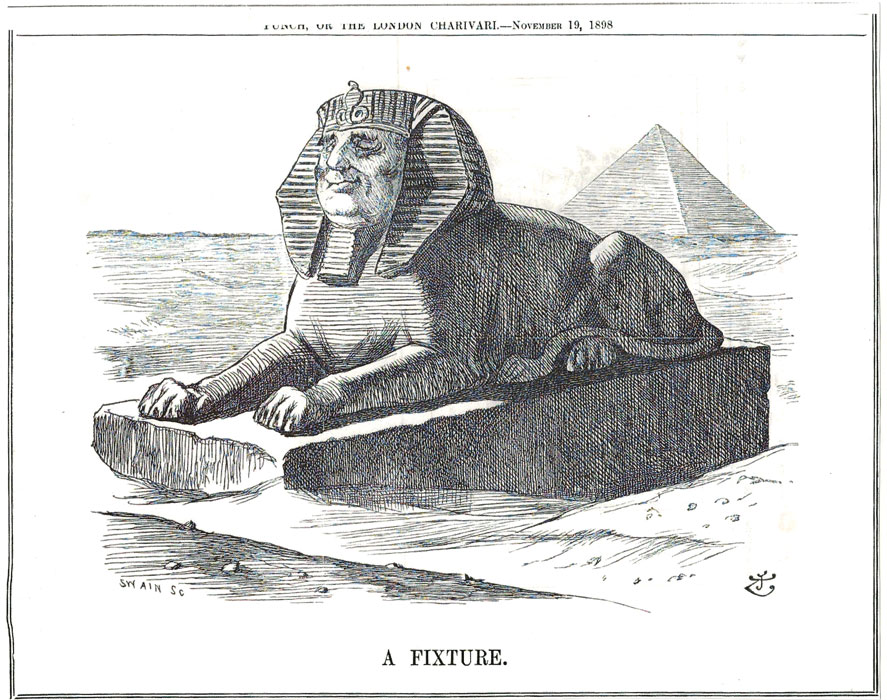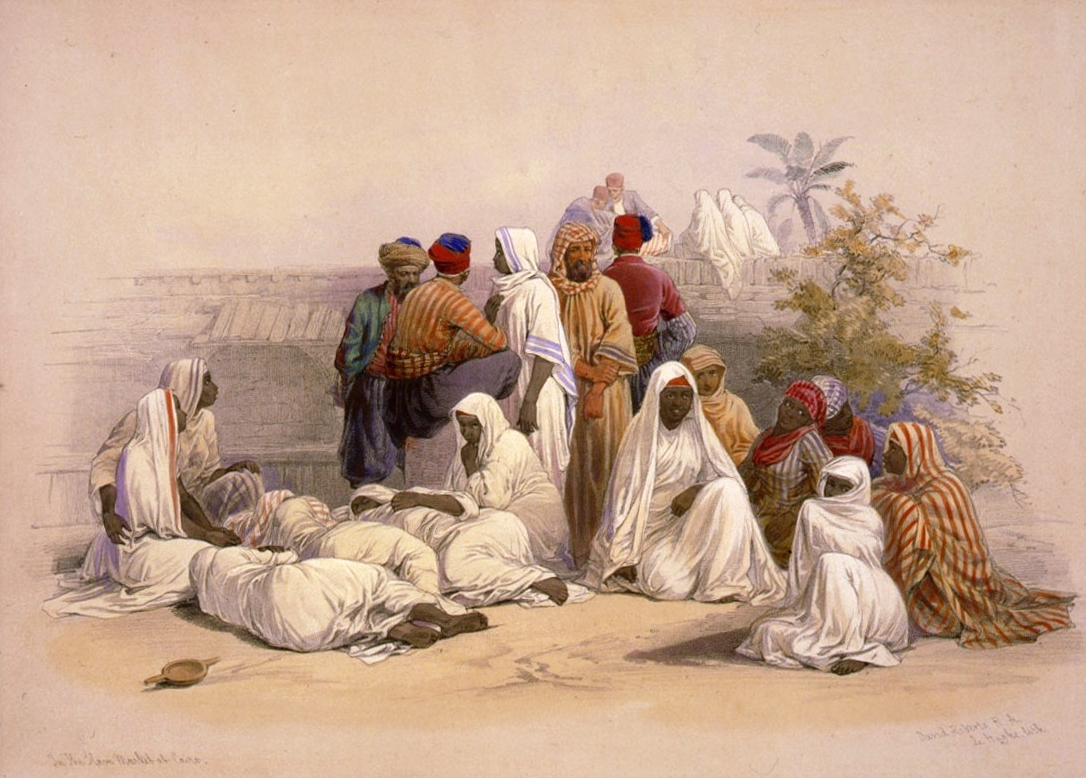8 Fascinating Facts About How and Why America Created Liberia
The Creation of the American Colonization Society
In 1816, the American Colonization Society (ACS) was created by Rev. Robert Finley (a former president of the University of Georgia) to appease two groups on opposing sides of the issue of the enslavement of Black people. In the early 1800s, the British were in the early stages of abolishing slavery and exiting the Atlantic slave trade. Finley and many whites from the elite class in the United States feared that the nation would follow the British with similar political action. One group of people (which included some abolitionists) wanted to give newly freed Black people an opportunity to return to Africa. The other side, which included slaveholders, did not foresee an integrated society and joined the ACS out of racist ideology.
The Controversial Members of the American Colonization Society
The American Colonization Society consisted of prominent American historical figures, including presidents James Monroe and James Madison. A nephew of George Washington, Bushrod Washington, was also involved. President Andrew Jackson was on the list as an organizer and politician Daniel Webster was involved as well. The irony here is that most of these men were part of the subjugation of Black people. Jackson was part of the slave-holding planter class, Webster was an enforcer and architect of the 1850 Fugitive Slave Act, and Washington actively sold enslaved Black people. Abolitionist James Forten saw this and warned free Blacks to not trust these men.
The African Colony Is Established
In 1819, the ACS sold memberships that cost up to $50,000 in order to buy land from what was called the pepper coast in Africa, which was colonized by the Portuguese. In the same year, the United States gave the organization $100,000 to fund the first venture to West Africa. In January 1820, the first ship, the Elizabeth, sailed from New York with three white ACS agents and 88 emigrants.
The African Intelligencer Debuts
In 1820, abolitionist Jehudi Ashmun, who became one of the founders of Liberia, created the The African Intelligencer, which served as a pamphlet and newspaper informing free Blacks about the history, geography and other details about the slave trade.
According to the Library of Congress, “Ashmun went to Africa in 1822, where he became an early leader of the Liberian colony before dying from a fever in 1828.”
The Questionable Jehudi Ashmun Takes Control
Ashmun was a complex figure in the early days of the political history of Liberia. History portrays him as a good guy that looked out for the best interest of free Blacks but he was an arm of American imperialism. Ashmun bullied local African leaders in West Africa by trading land for items of lesser value. He desperately wanted to create an American empire on the African continent. The ACS may have used free Blacks as pretext for empire building.
Liberia Seeks Independence
By the 1830s and 40s, the ACS began to find the entire experiment to be a financial disaster. The reason for this primarily revolves around the lack of federal funds given to the ACS. Also, the new colony was under constant British attacks that made Liberia uneasy for the colonizers. Because the colony was not recognized by the United States and other nations refuse to see Liberia as sovereign, the colony sought independence in 1846.
Sovereignty and Statehood Established
On July 26, 1847, many of the colony’s settlers developed a declaration of independence and constitution, breaking ties with the ACS. For nearly a hundred years, a group of free Blacks called Americo-Liberians controlled the nation. Many of these people were affiliated with the whig party and still faced outside threats like the French and English, who seized newly sovereign Liberian land.
Joseph Jenkins Roberts
Roberts was the first president of the Republic of Liberia. In an effort to get European powers on his side, Roberts visited European nations like Great Britain to proclaim that Liberia was, in fact, a free nation. In the early days of the nation, he created treaties with local rulers to repair the damage Ashmun caused. He was so effective in his first term, Roberts became president again in 1872.
The Creation of the American Colonization Society
In 1816, the American Colonization Society (ACS) was created by Rev. Robert Finley (a former president of the University of Georgia) to appease two groups on opposing sides of the issue of the enslavement of Black people. In the early 1800s, the British were in the early stages of abolishing slavery and exiting the Atlantic slave trade. Finley and many whites from the elite class in the United States feared that the nation would follow the British with similar political action. One group of people (which included some abolitionists) wanted to give newly freed Black people an opportunity to return to Africa. The other side, which included slaveholders, did not foresee an integrated society and joined the ACS out of racist ideology.
The Controversial Members of the American Colonization Society
The American Colonization Society consisted of prominent American historical figures, including presidents James Monroe and James Madison. A nephew of George Washington, Bushrod Washington, was also involved. President Andrew Jackson was on the list as an organizer and politician Daniel Webster was involved as well. The irony here is that most of these men were part of the subjugation of Black people. Jackson was part of the slave-holding planter class, Webster was an enforcer and architect of the 1850 Fugitive Slave Act, and Washington actively sold enslaved Black people. Abolitionist James Forten saw this and warned free Blacks to not trust these men.
The African Colony Is Established
In 1819, the ACS sold memberships that cost up to $50,000 in order to buy land from what was called the pepper coast in Africa, which was colonized by the Portuguese. In the same year, the United States gave the organization $100,000 to fund the first venture to West Africa. In January 1820, the first ship, the Elizabeth, sailed from New York with three white ACS agents and 88 emigrants.
The African Intelligencer Debuts
In 1820, abolitionist Jehudi Ashmun, who became one of the founders of Liberia, created the The African Intelligencer, which served as a pamphlet and newspaper informing free Blacks about the history, geography and other details about the slave trade.
According to the Library of Congress, “Ashmun went to Africa in 1822, where he became an early leader of the Liberian colony before dying from a fever in 1828.”
The Questionable Jehudi Ashmun Takes Control
Ashmun was a complex figure in the early days of the political history of Liberia. History portrays him as a good guy that looked out for the best interest of free Blacks but he was an arm of American imperialism. Ashmun bullied local African leaders in West Africa by trading land for items of lesser value. He desperately wanted to create an American empire on the African continent. The ACS may have used free Blacks as pretext for empire building.
Liberia Seeks Independence
By the 1830s and 40s, the ACS began to find the entire experiment to be a financial disaster. The reason for this primarily revolves around the lack of federal funds given to the ACS. Also, the new colony was under constant British attacks that made Liberia uneasy for the colonizers. Because the colony was not recognized by the United States and other nations refuse to see Liberia as sovereign, the colony sought independence in 1846.
Sovereignty and Statehood Established
On July 26, 1847, many of the colony’s settlers developed a declaration of independence and constitution, breaking ties with the ACS. For nearly a hundred years, a group of free Blacks called Americo-Liberians controlled the nation. Many of these people were affiliated with the whig party and still faced outside threats like the French and English, who seized newly sovereign Liberian land.
Joseph Jenkins Roberts
Roberts was the first president of the Republic of Liberia. In an effort to get European powers on his side, Roberts visited European nations like Great Britain to proclaim that Liberia was, in fact, a free nation. In the early days of the nation, he created treaties with local rulers to repair the damage Ashmun caused. He was so effective in his first term, Roberts became president again in 1872.






Comment